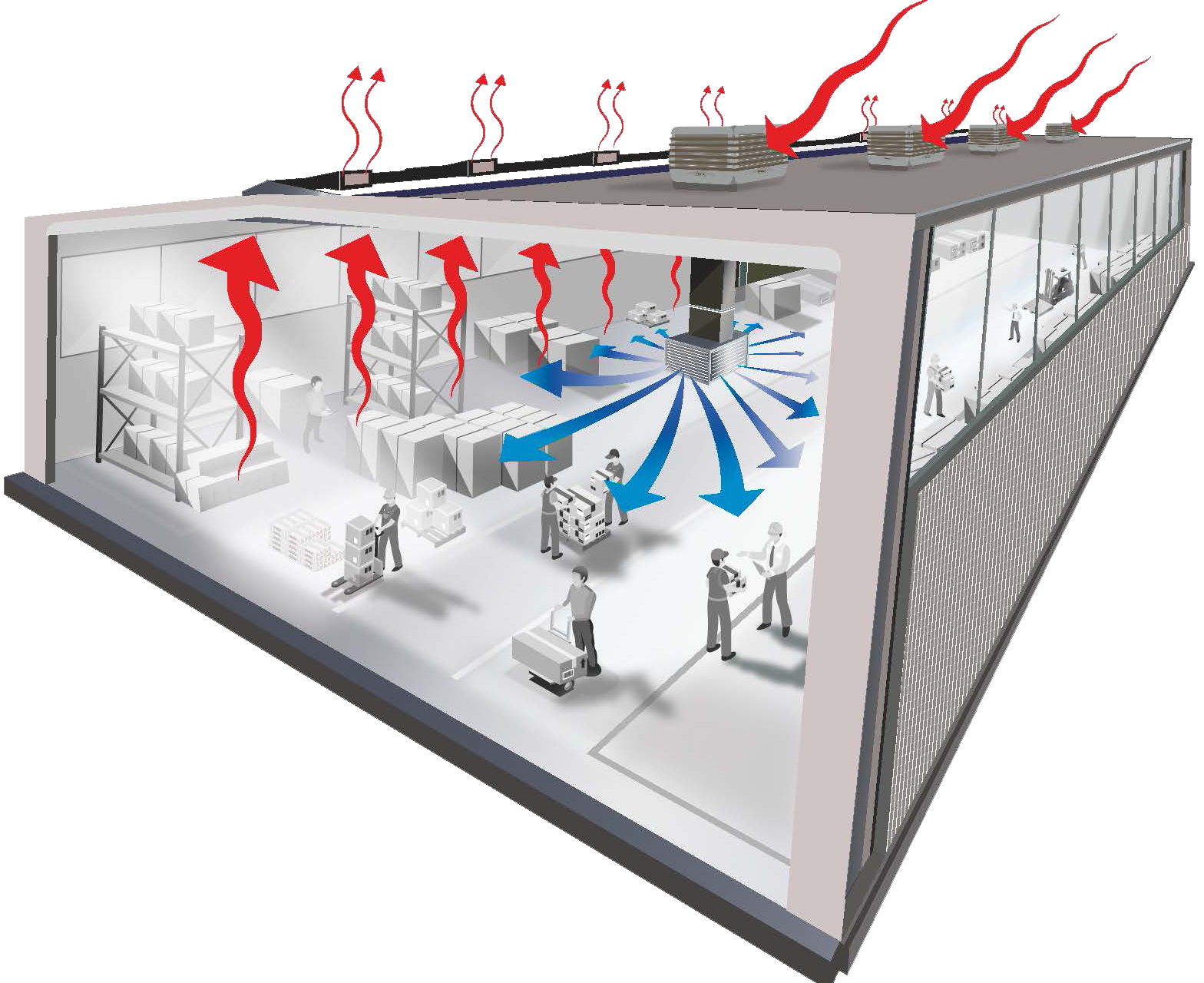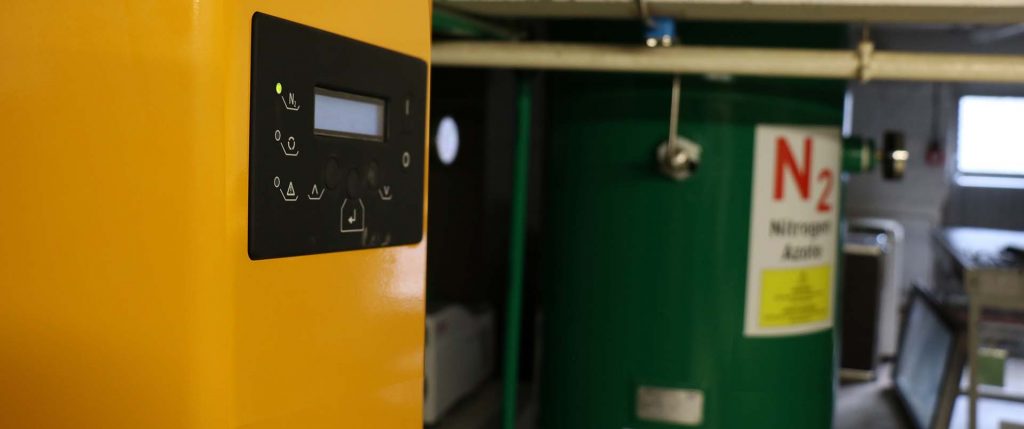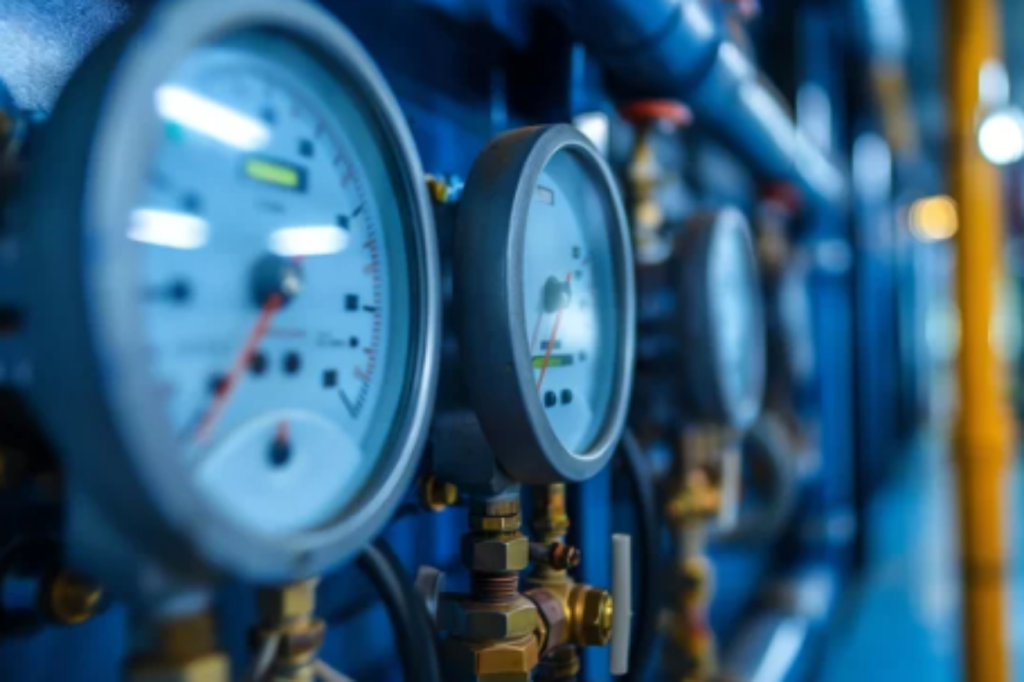In many industrial environments, especially those with elevated internal heat loads, cooling the entire space is neither practical nor energy efficient. A more effective strategy is to focus on where cooling is needed most, delivering fresh air directly to employees and equipment exposed to high temperatures.
By addressing heat at its source, facilities can create safer, more comfortable working conditions, while also improving productivity, reducing energy use, and minimising unplanned downtime.
The Role of Cooling in Industrial Environments
Direct evaporative cooling plays a vital role in two key areas –
- Spot Cooling – Improving comfort at workstations and across high-temperature zones
- Technical Cooling – Protecting equipment by stabilising temperatures around machines, control panels, and sensitive systems
Elevated temperatures can reduce the Mean Time Between Failures (MTBF) of equipment, leading to increased maintenance costs and operational disruption. A targeted cooling approach helps control these risks, safeguarding both performance and efficiency.
Industries with Higher Heat Loads
Direct evaporative cooling is effective across a wide range of industrial applications, in particular environments with intensive internal heat generation, such as –
- Ceramics manufacturing
- Glass production
- Cement processing
- Foundries and heavy industrial sites
In these scenarios, evaporative cooling systems offer a practical and energy-efficient solution. They deliver large volumes of fresh, filtered air with minimal energy use, making them ideal for targeting specific zones without the need for full-building cooling.
Design Matters
Effective cooling depends on thoughtful system design, especially when targeting workstations or high heat zones. Best practice includes –
- Installing double deflection diffusers between 3 to 4 metres, ideally at the lower end
- Angling airflow at no more than 45° to reach target areas effectively
- Overlapping airflow at around 2 metres above floor level for consistent coverage
- Maintaining an air velocity of up to 0.75 m/s for a noticeable cooling effect
This level of accuracy ensures both people and equipment benefit from stable, efficient cooling.
Proven in Practice
Targeted cooling strategies are already delivering results in a wide range of industrial settings. Whether the goal is to reduce heat stress, improve working conditions, or protect production uptime, the right cooling system can make a measurable difference. Explore the Breezair case studies to see real-world results.
If you’re dealing with rising temperatures in your facility, we’re here to help you find a solution that works.









